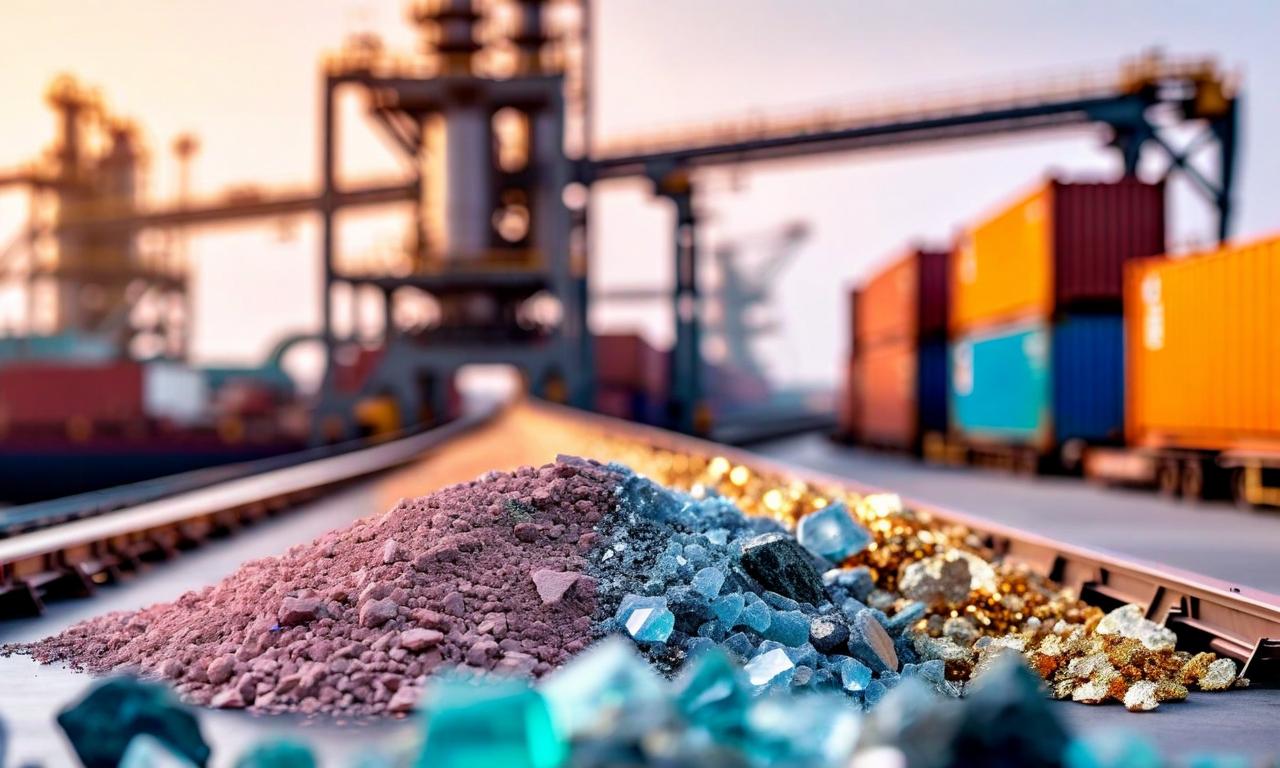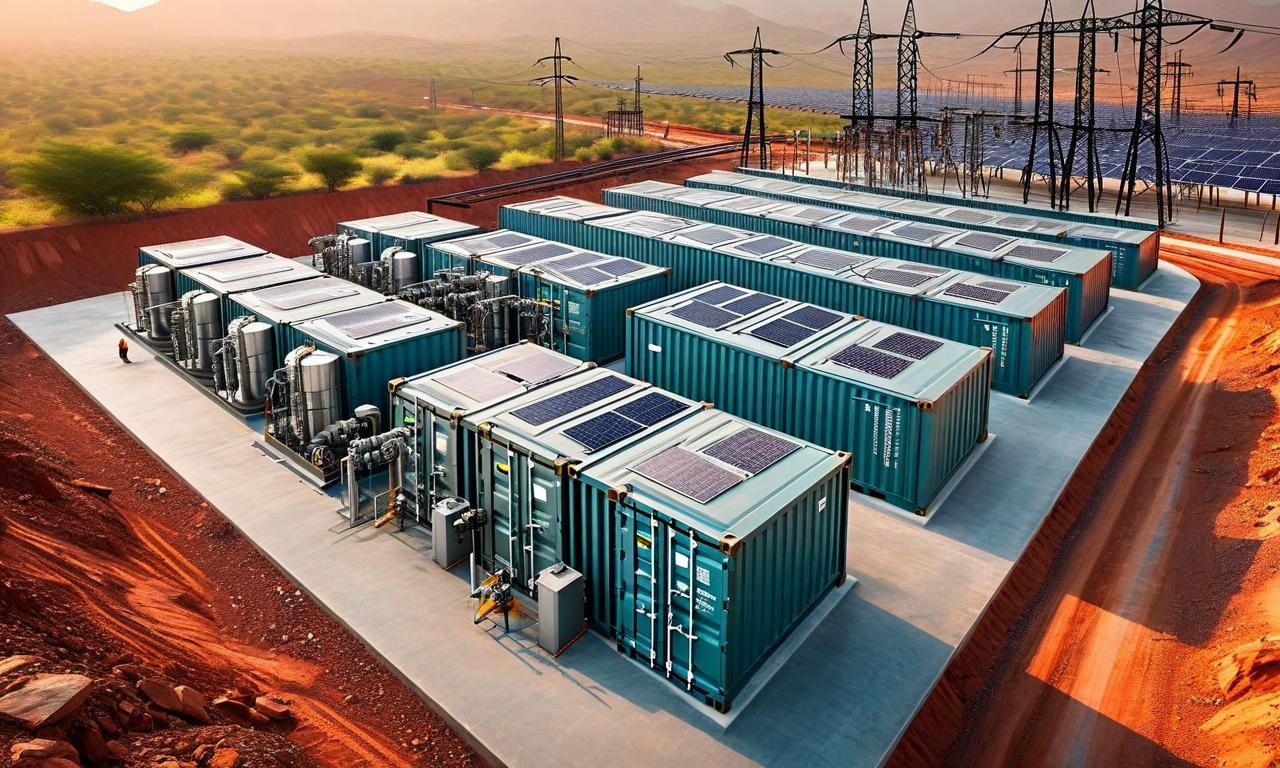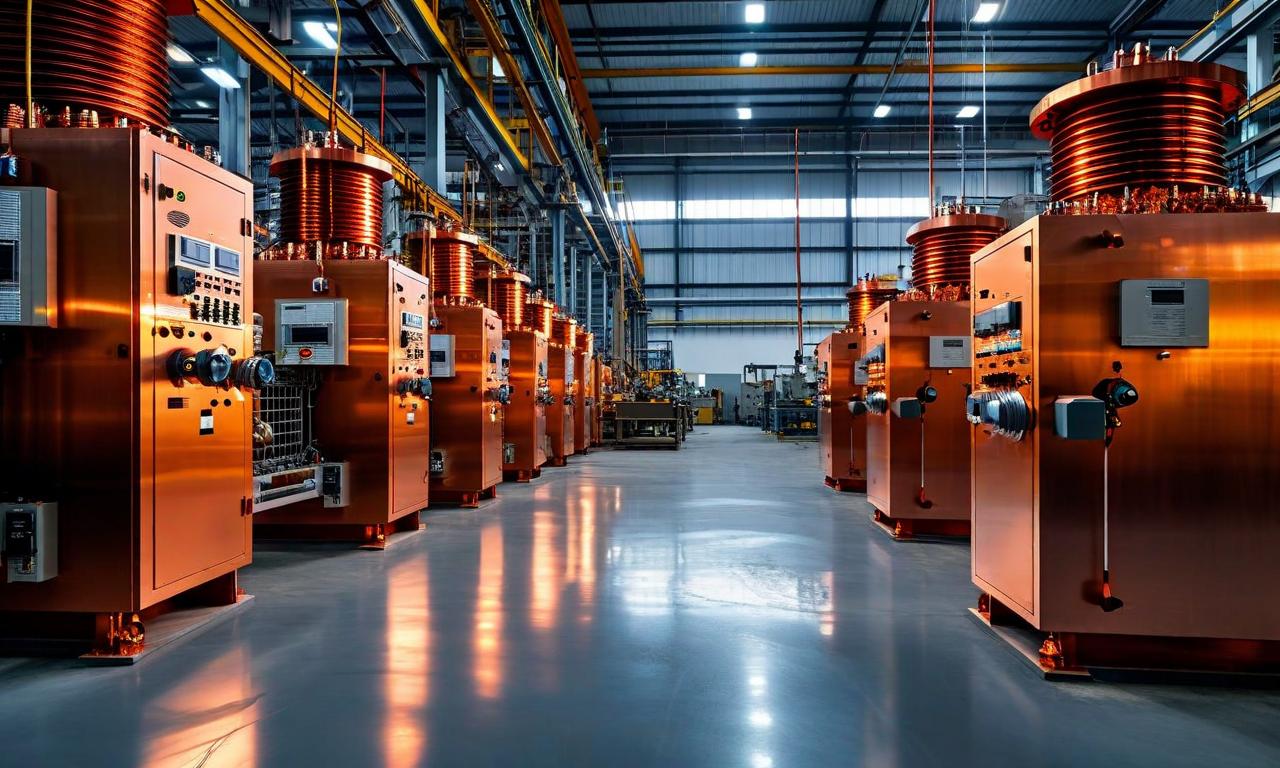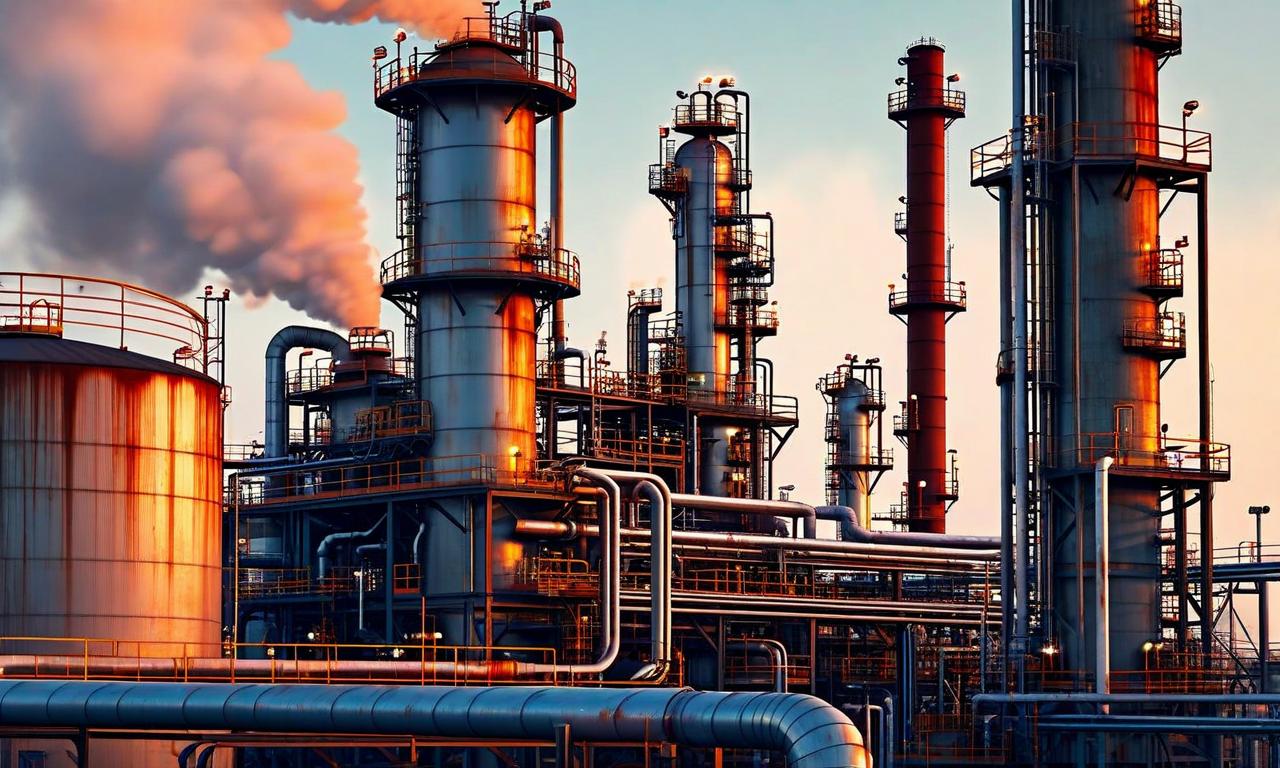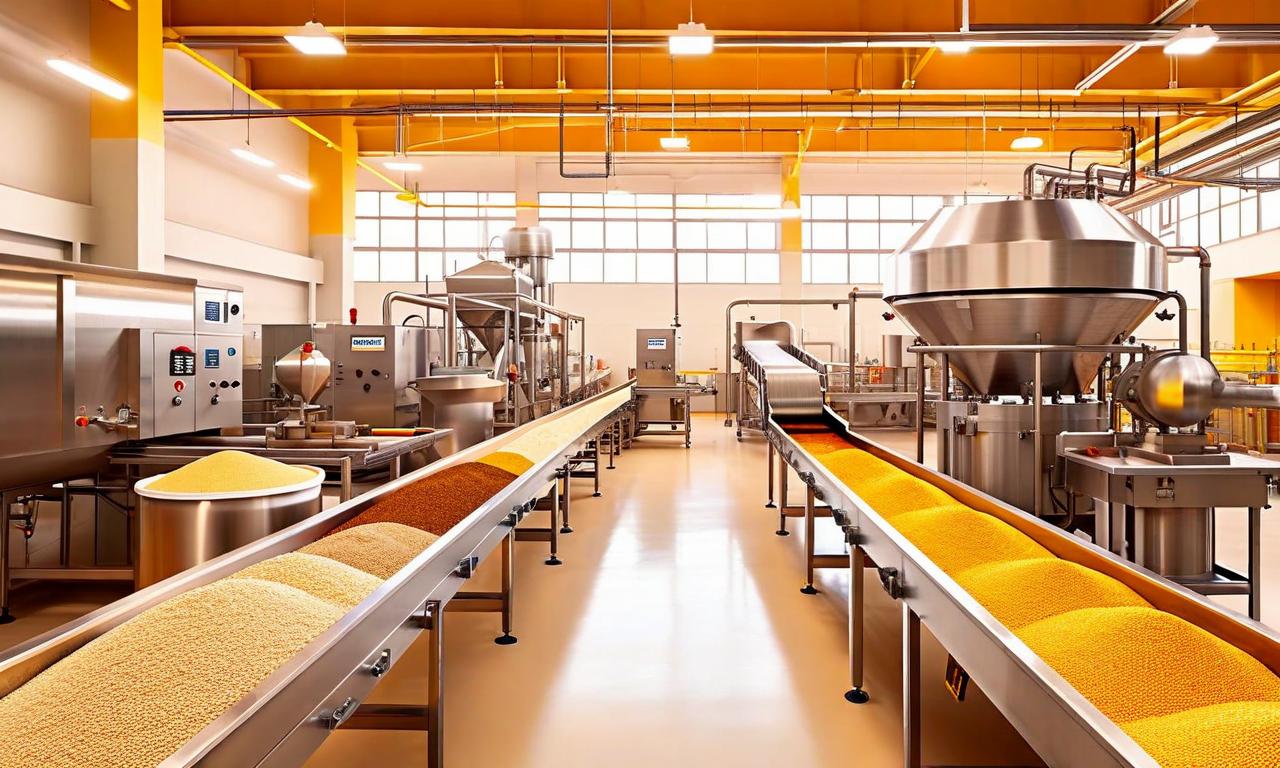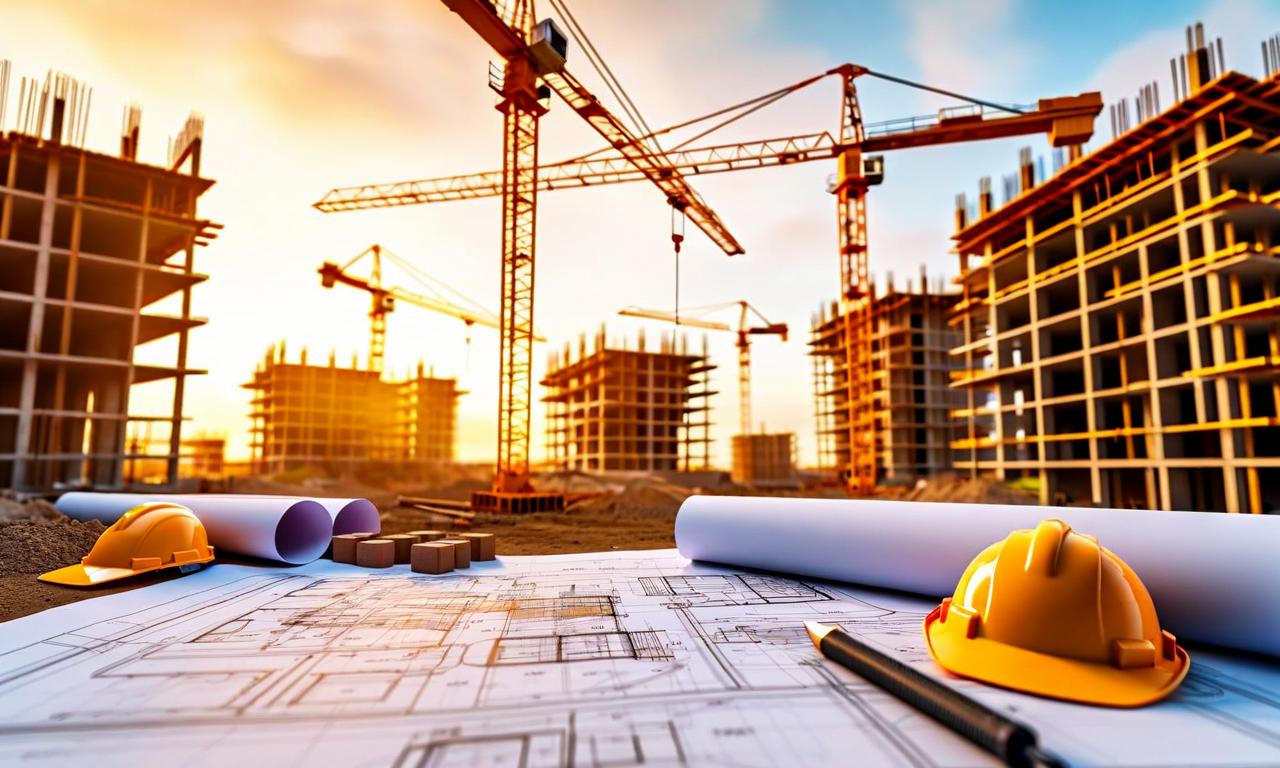EU Sees Positive Signals from China on Rare Earth Regulations
EU Trade Chief Valdis Dombrovskis has observed positive indications from China regarding regulations on rare earth elements. This development could significantly impact global trade and technology sectors, potentially improving access to critical materials for EU manufacturers and easing supply chain constraints. However, specific details about the regulatory changes have not been provided.
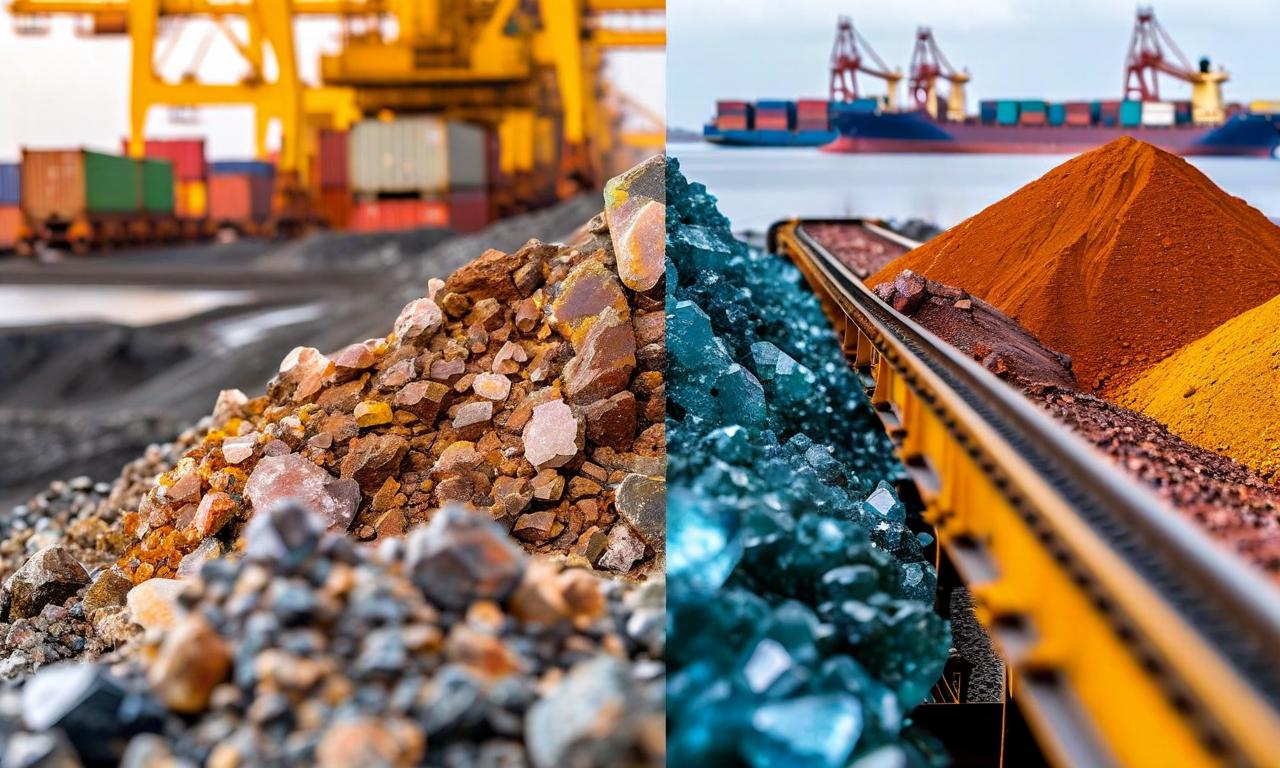
*this image is generated using AI for illustrative purposes only.
European Union trade chief Valdis Dombrovskis has reported encouraging signs from China regarding regulations on rare earth elements, a development that could have significant implications for global trade and technology sectors.
Key Points
- EU official Valdis Dombrovskis observes positive indications from China
- Focus is on regulations concerning rare earth elements
- Potential impact on global trade and technology industries
Background on Rare Earth Elements
Rare earth elements are crucial components in many high-tech products and green technologies. China has been a dominant player in the global rare earth market, controlling a significant portion of the world's production and processing capacity.
Implications of Potential Regulatory Changes
If China indeed moves towards more open regulations on rare earths, it could lead to:
- Improved access to critical materials for EU manufacturers
- Potential easing of supply chain constraints
- Enhanced cooperation between the EU and China in the technology sector
Cautious Optimism
While Dombrovskis' observations are promising, it's important to note that no specific details about the regulatory changes have been provided. The EU and other global partners will likely continue to monitor developments closely.
Conclusion
This development marks a potentially positive step in EU-China trade relations, particularly in the strategic rare earth sector. However, the actual impact will depend on the nature and extent of any regulatory changes that China may implement.
